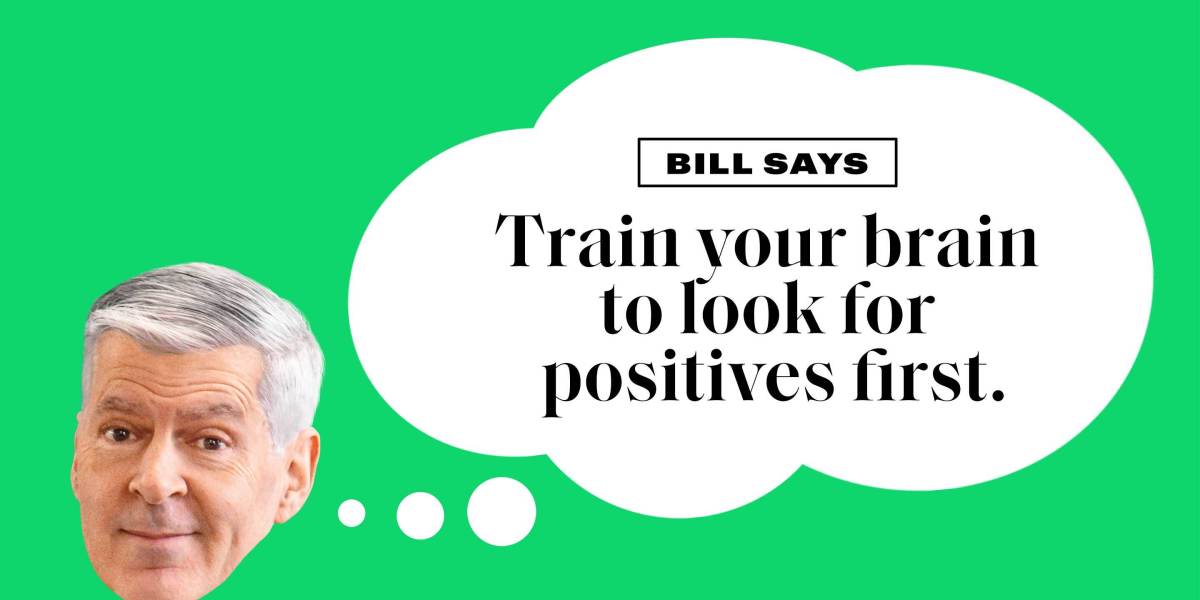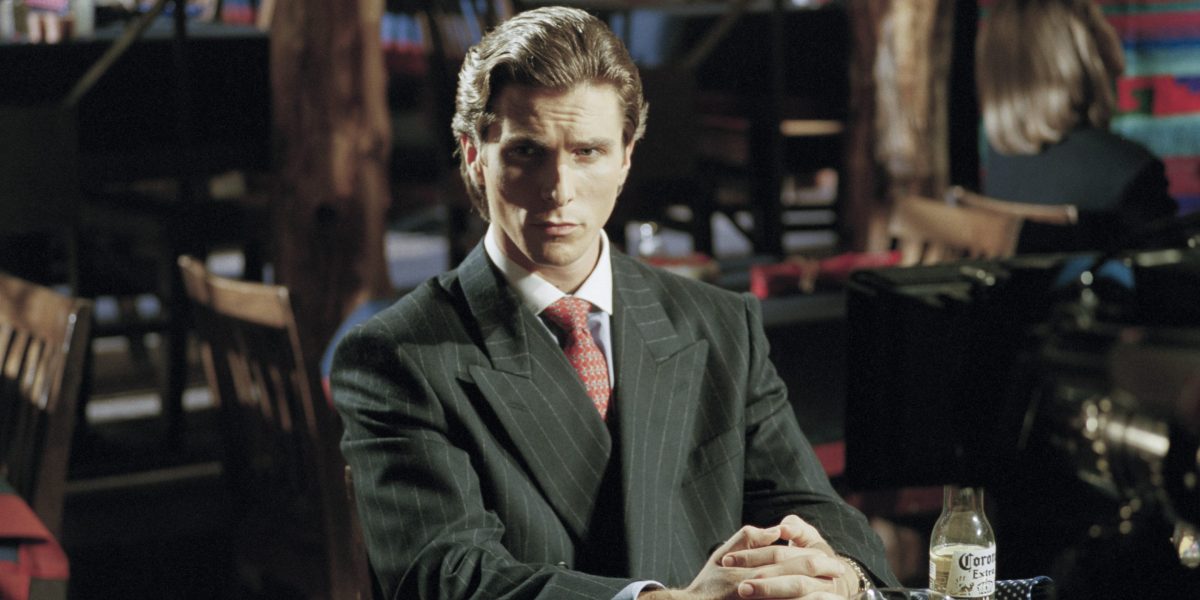Joining the gig economy used to be considered an “alternative” career path—but it’s fast becoming the norm. By 2027, half of the developed world’s workers will be part of the gig economy, according to a new report from Ogilvy. While it was initially a combination of advancements in technology and corporate cost cutting that drove workers to freelance and side-hustle jobs, the motivation for independent work has evolved.
“Young people are really driven to take control over their own work life balance and craft their own career and narrative,” Reid Litman, global consulting director at Ogilvy and co-author of the report, tells Fortune. “They don’t trust the old system.”
Members of Gen Z have come of age in an era marked by uncertainty and turbulence, from pandemics to political unrest to mass layoffs in various sectors. Traditional education is not the guarantee of a stable career that it once was, with many employers finding entry level candidates lacking the necessary skills to begin their ascent on the corporate ladder.
A critical subset of the growing gig economy is the community of creators, influencers, independent entrepreneurs and consultants, a category that includes “anyone who publicizes or monetizes their own persona or skill set,” according to Litman. Content creation, once seen as a frivolous hobby, has become more and more lucrative, and the creator economy is set to reach $529 billion by 2030, according to a report from Coherent Market Insights.
In order to stay competitive and not lose future talent pipelines, companies should learn to embrace Gen Z’s modern approach to work. Litman argues that today’s employers frequently use the negative associations with Gen Z, such as high turnover rate, as justification for why they shouldn’t invest in them further. “This is kind of a race to the bottom, because while there is truth to higher turnover among Gen Z, these realities are rooted in more macro-shifts, like the idea that Gen Z will have many more jobs and careers than past generations,” Litman says.“It’s not a Gen Z decision so much as it is like a socio-economic and technological outcome.”
Litman believes that employers need to embrace all aspects of an employee’s life, and break down the “invisible walls” between consumer, creator, and employee identity. Some ways to build up loyalty among Gen Z employees include hosting network-building events, where they can make connections and receive mentorship from internal and external experts, as well as “repotting days” that allow employees to spend half a day per quarter in another team.
Upskilling access is another critical element to retention among younger workers, and companies should be investing in top-tier e-learning platforms via corporate membership. “Let [employees] choose courses aligned with both their interests and manager feedback—directly tied to their reviews,” he suggests. Especially when more young people are forgoing traditional education, Litman believes employers can step in and “be the university [employees] never had.”
Finally, Litman thinks that companies can gain favor with Gen Z by supporting their employees’ side-hustles and passion projects, not discouraging them. He suggests that as opposed to focusing on top-down philanthropy, company resources should be directed to employee-led initiatives. “Whether it’s an Etsy side hustle or teaching skills on Maven, aligning with what matters to workers creates more energized, innovative teams,” he says. “Shaping the future of learning and earning includes changing how you see Gen Z. So in a world where they have more options and flexibility, in order to win with them, you have to appeal to their whole selves.”
This story was originally featured on Fortune.com
Source link


 Entertainment8 years ago
Entertainment8 years ago
 Politics8 years ago
Politics8 years ago
 Entertainment8 years ago
Entertainment8 years ago
 Entertainment8 years ago
Entertainment8 years ago
 Tech8 years ago
Tech8 years ago
 Tech8 years ago
Tech8 years ago
 Tech8 years ago
Tech8 years ago
 Tech8 years ago
Tech8 years ago






